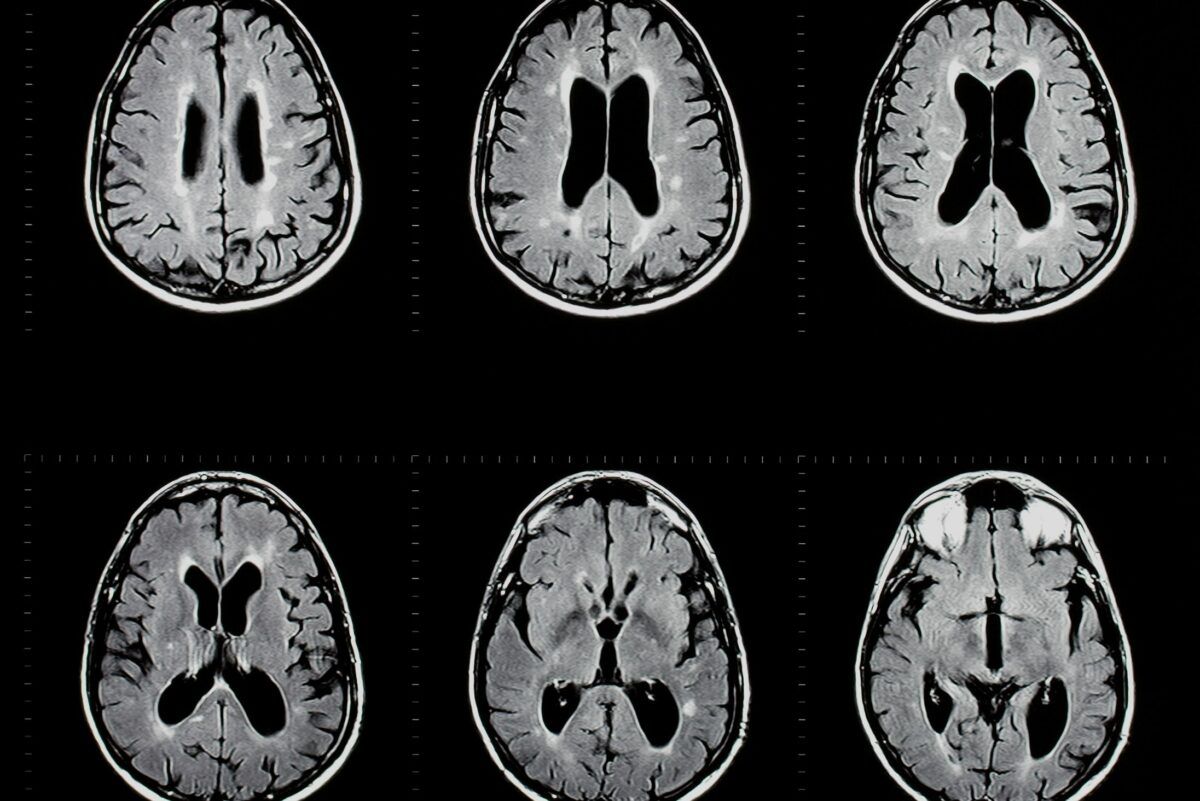‘Hidden’ factors influencing quality of life in patients with multiple sclerosis
‘Hidden’ factors influencing quality of life in patients with multiple
sclerosis
ABSTRACT
Multiple sclerosis (MS) is a multi-component disease characterized by
inflammation, neurodegeneration and failure of central nervous system
(CNS) repair mechanisms. Immune dysregulation appears to originate
with dendritic cells (antigen-presenting cells) which have an activated
phenotype in individuals with MS. Dendritic cells migrate across the
blood–brain barrier and induce differentiation of memory T cells into
pro-inflammatory T helper 1 (Th1) and Th17 lymphocytes. In turn, induction of macrophage and microglial activation produces other proinflammatory cytokines and oxygen and nitric oxide radicals responsible for the demyelination and axonal loss. Other known mediators of MS pathology include CD8+ T cells and memory B cells within the CNS.
Some pathological hallmarks of MS are early axonal degeneration and
progressive decline of brain volume in patients with clinically isolated
syndromes who progress to clinically definite MS. Many new options to
interfere with the course of MS have become available in recent years.
To limit inflammatory demyelinating processes and delay disease progression, intervention to control inflammation must begin as early as possible. Each distinct type of immunotherapy (immunomodulation,
immunosuppression and immune-selective intervention – blockade type,
sequestering type or depleting type) corresponds to a specific underlying
immunopathology of MS.
Source: European Journal of Neurology 2015, 22 (Suppl. 2):
3–13




